Select the project, and then the test target:

Select Build Settings and choose All and Combined. Type 'preproc' in the search box - you're after Preprocessor Macros.

Add a macro to the Debug configuration called TEST and set it equal to 1:

Then in your code, you can do this:
#ifndef TEST
[[UIApplication sharedApplication] doEvilThingForTesting];
#endif
Or if you have code that you want to only run in a test environment:
#ifdef TEST
[[UIApplication sharedApplication] doAwesomeTestOnlyThing];
#endif
It's not exactly runtime, but the unit tester compiles the code before it runs the tests IIRC, so it should be the same effect - you're essentially modifying the code right before running the tests.


